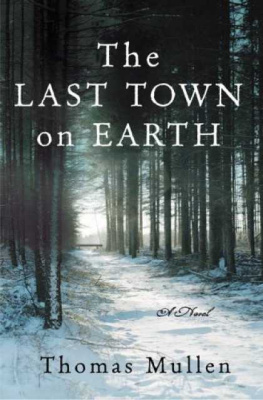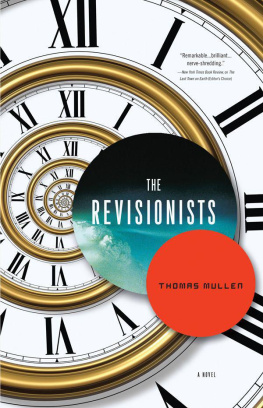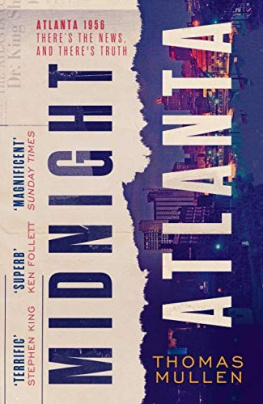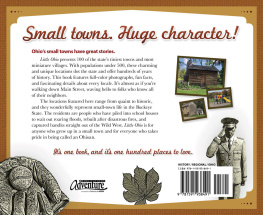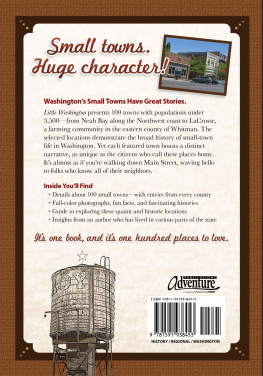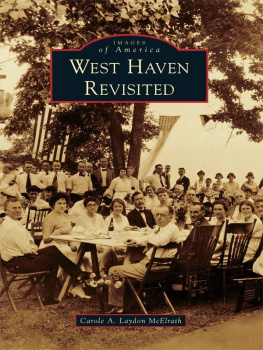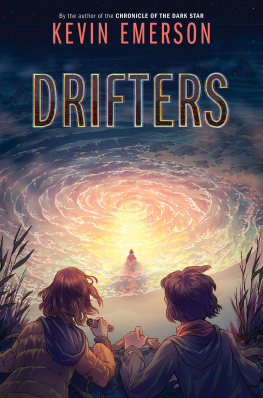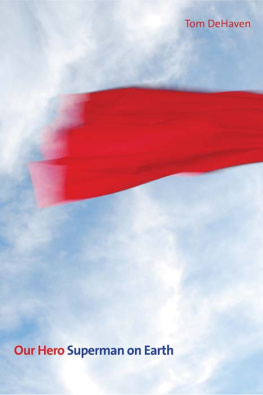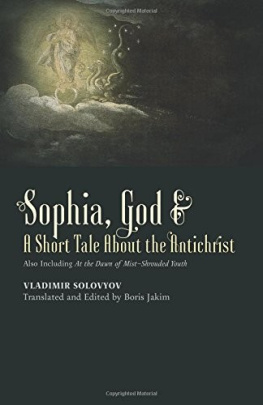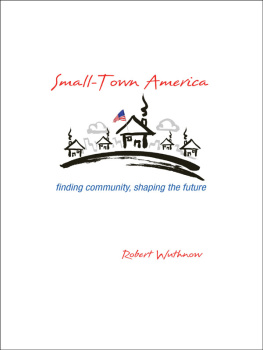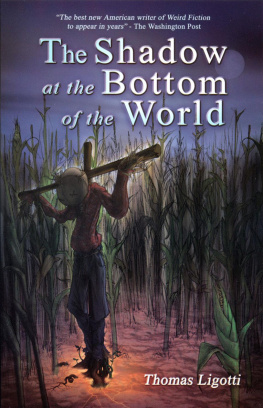ACKNOWLEDGMENTS
This is a work of fiction. Although some uninfected towns did endeavor to fend off the 1918 flu pandemic by means of reverse quarantines, this book is not an attempt to retell their stories.
I am indebted to several historians in the research for this book. Anyone wishing to learn more about the 1918 pandemic should read John M. Barrys The Great Influenza. Alfred W. Crosbys Americas Forgotten Pandemic: The Influenza of 1918, Allen Churchills Over Here! An Informal Re-creation of the Home Front in World War I, Frances H. Earlys A World Without War: How U.S. Feminists and Pacifists Resisted World War I, Meirion and Susie Harriess The Last Days of Innocence: America at War, 19171918, Robert H. Ziegers Americas Great War: World War I and the American Experience, and Howard Zinns A Peoples History of the United States: 1492Present all were helpful in re-creating the tenor of the times.
Patrick Renshaws The Wobblies: The Story of the IWW and Syndicalism in the United States, Len De Cauxs The Living Spirit of the Wobblies, and Joseph Robert Conlins Big Bill Haywood and the Radical Union Movement provided details on the labor movement and violence of the era, and the author could not have done without William S. Crowes Lumberjack: Inside an Era in the Upper Peninsula of Michigan or Norman H. Clarks Mill Town: A Social History of Everett, Washington, from Its Earliest Beginnings on the Shores of Puget Sound to the Tragic and Infamous Event Known as the Everett Massacre.
Big thanks to several friends who read past drafts of this and other works: Brent Wincze, Demos Orphanides, Rick Runyan, Erin Core, Matt Power, Brad Dececco, Geoff Sharpe, Deneb Meketa, Brian Dawson, Hadyn Dick, Candace Sady, Chetan Rao, Shauna Sutherland, and Becky Givan. Overdue thanks to Gus Muller and Dom Ambrose for early encouragement.
My agent, Susan Golomb, provided sound advice, tirelessly edited rough drafts, and encouraged me to tackle a book I initially intended to put off for a few years. Thanks also to Rich Green, Amira Pierce, John Mozes, Anna Stein, and Casey Panell.
My editor, Jennifer Hershey, knew which trees to chop down, which to prune, and which to give more light. Her hard work and dedication have probably spoiled this first-time novelist. She and Laura Ford, Sanyu Dillon, Tom Perry, Jack Perry, Janet Wygal, Sally Marvin, Jennifer Jones, and everyone else at Random House helped make a lifelong dream into reality.
Grateful and loving thanks to my parents and family, who never once suggested I might want to abandon the whole novel-writing idea in favor of something a tad more practical.
And, of course, Jenny, for everything.
About the Author
THOMAS MULLEN was born and raised in Rhode Island and graduated from Oberlin College. He has lived in Boston; Chapel Hill, North Carolina; and now lives in Washington, D.C., with his wife. This is his first novel.
I t did not seem at all odd that Philip now stood in a train station. It was like an inexorable fate, something that had been perpetually on his horizon, something he could not run from. He thought about that, how running away was something he couldnt run away from.
He still wasnt right in the head. He had told his father this in the middle of the street, both of them covered in snow, the rifle by Philips feet smelling strongly of gunpowder, of metal and blood. Charles had not asked Philip what he had done, though surely he was piecing it together from the expressions on the faces of the men around them. I dont feel right in the head, Philip had said, and Charles had nodded and walked him home.
It snowed for an entire day. The storm did more to insulate Commonwealth, to block it off from the rest of the world, than the quarantine had done. The heavy snowfall would keep the invaders from returning, but for how long?
Philip rested in bed for the next two days, sleeping for such long stretches that his parents worried he was slipping back into the flus icy embrace. But his symptoms continued to fade. He still complained that his head, though no longer aching, felt fuzzy; he said he heard ringing in his ears, found it difficult to concentrate. But Doc Banes assured them this would pass, that perhaps this wicked flu would be particularly difficult to shake, but shake it Philip would in time. Philip spoke little; Charles hadnt heard his son laugh in days, perhaps weeks.
Elsie died late the night of the raid. She never knew that her father had been arrested, nor did she know Philip had set him free. She had been lying in a delirium for the final two days, attended by her father, whose pleas that the Lord take him instead of Elsie were left unanswered. Alfred Metzger never suffered the slightest fever or cough despite standing by his wifes and daughters bedsides.
It never occurred to Charles or Rebecca that the news of Elsies death may have contributed to Philips silence, because his outward reactions paled beside those of Laura, who cried herself to sleep the next two nights. Philip had stared out the window at the blindingly white snow, sharing his thoughts with no one.
Once the roads were passable, a small contingent of men who had enlisted and secured deferments months ago ventured south, seeking news from the outside world. They went to Pauling, a hamlet ten miles east of Timber Falls, avoiding the larger town. The men returned with as much food as they could buy, as well as newspapers whose emphatic headlines displayed, finally, something welcome: an armistice had been signed, and the guns of Europe were silent. The armistice had been declared the same day Miller and his crew had reached Commonwealth. All those men had been arrested for failing to enlist in a war that had mercifully drawn to an exhausted close.
Charles was confident the armistice would mean the nineteen imprisoned men would be released. Rebecca had decided she would journey to the Timber Falls jail the next day, would visit the post office and find a phone and reconnect with her political contacts, spread the word that the peace-minded men of her town had been rounded up like common criminals. She would visit Jarred Rankle and the others, demand that the jailers treat them fairlya womans presence could go a long way toward getting the men humane treatment, she had learned from her experience in the Everett strike. But she did not share her husbands faith that the men would be released, at least not until the war was more of a memory, replaced by whatever new necessities arose from the vacuum of these violent and fear-addled years.
After the raid, Charles and Rebecca had knocked on every door in townthey no longer cared if it put them at riskand found out who had been taken by the APL, who was sick, who was starving, who was dead. The looks on peoples faces and the stories that Charles and Rebecca heard had kept them up the last few nights, lying beside each other. The Worthys had little food left, but they had shared with those too ill to cook for themselves.
Charles and Rebecca had seen the depths to which some had fallen, and the depths that lurked farther below. But as badly as his faith was shaken, Charles had lived through too many tragedies and busts to concede that the mill would fail. Somehow the town would survive, he believed. Somehow.
Doc Baness badly kept records showed that 250 people in Commonwealthover half the towns populationhad contracted the flu. Of these, fifty-six men, women, and children had died. Most of the dead were adults younger than thirty, those who should have been hardy enough to survive the infection. Banes didnt know why the children had been spared in favor of those in the prime of life, but it made the aftereffects all the worse, as there were now so many widowed parents, so many orphans.

